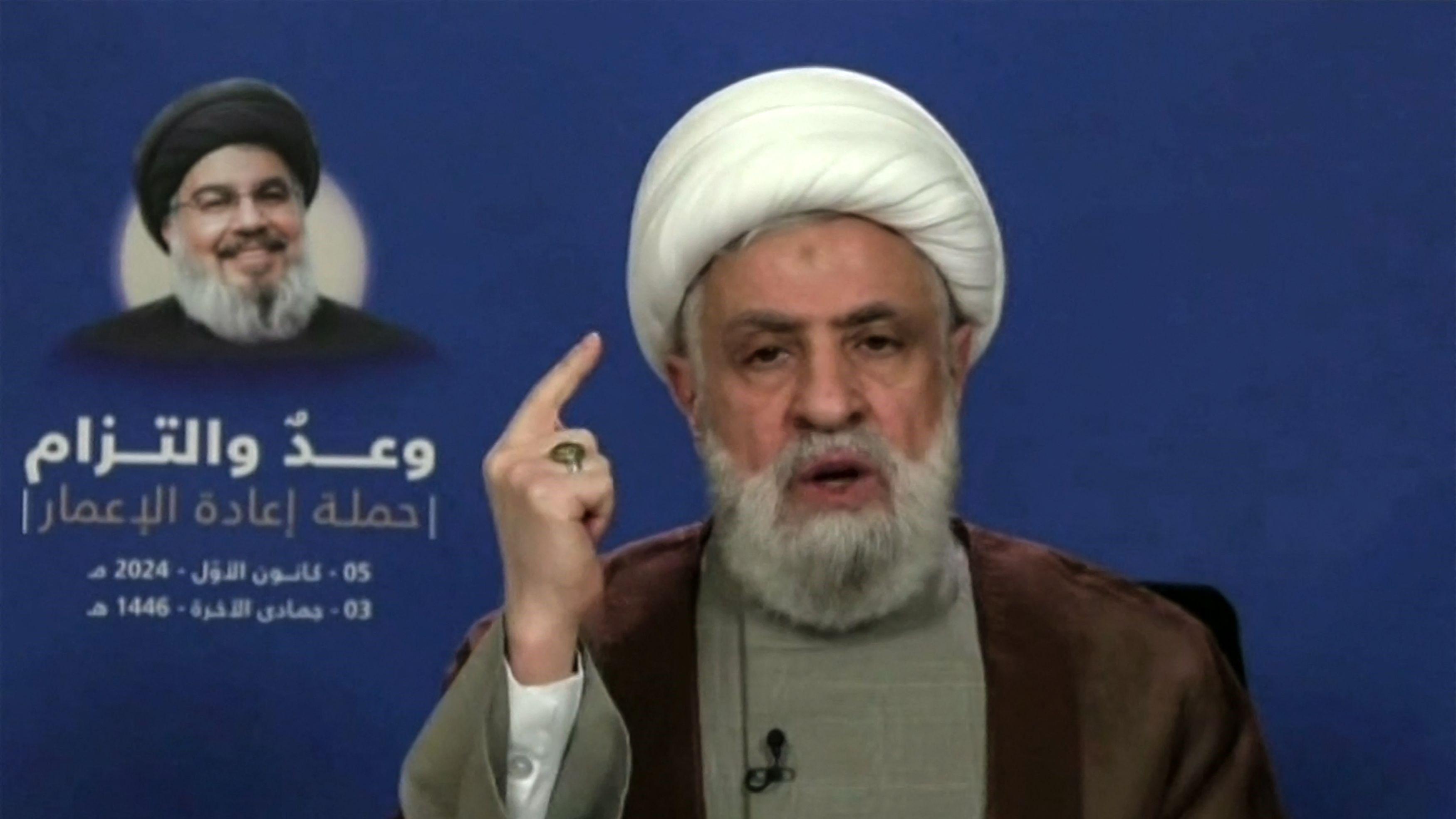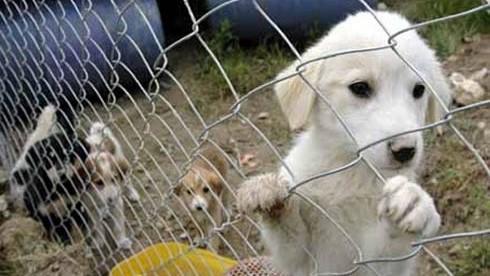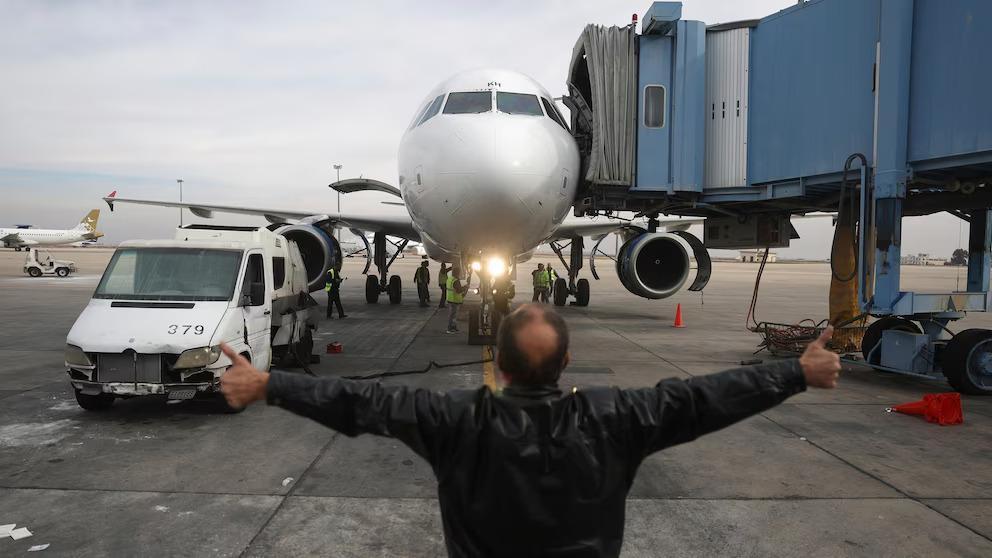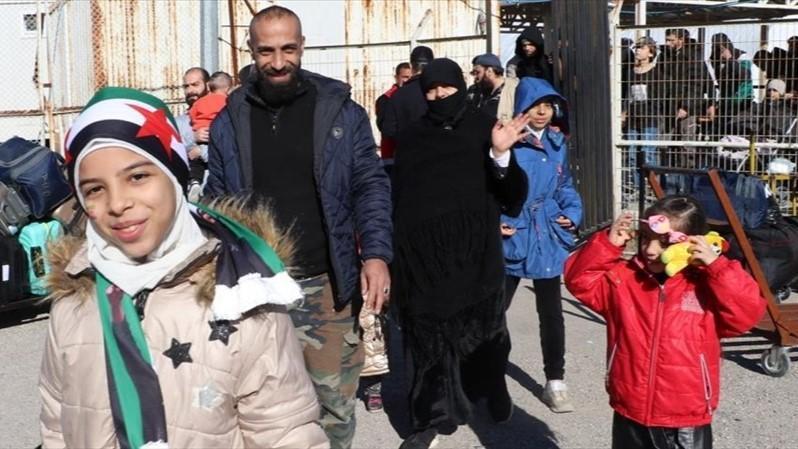Hezbollah chief says lost Syria 'military supply route' with Assad's fall
BEIRUT

The head of Lebanon's Iran-backed Hezbollah has admitted his group can no longer be supplied militarily through Syria after rebels toppled Hezbollah ally Bashar al-Assad.
"Hezbollah lost a military supply line via Syria," Naim Qassem, whose group supported Assad during more than a decade of conflict in Syria, said in a televised address in which he added that "the resistance must adapt to the circumstances."
In his first public remarks since the opposition group toppled Assad on Dec. 8, Qassem warned that Syria’s new rulers should not establish ties with neighboring Israel.
"We hope that this new party in power will see Israel as an enemy and not normalize relations with it.”
The rebel forces launched their offensive on Nov. 27, the same day that a ceasefire between Israel and Hezbollah took effect.
Iran-backed Hezbollah has suffered major blows during more than a year of cross-border fighting with Israel, which the Lebanese group had initiated over the Gaza war.
Meanwhile, Israel reportedly occupied three new villages in southern Syria on Dec. 15 as Tel Aviv deepened its military incursion into the country.
Israeli army forces seized Jamlah in Daraa province and the villages of Mazraat Beit Jinn and Maghar al-Mir in the Damascus countryside, according to Turkish state-run Anadolu Agency.
In their latest series of attack on Syria citing security concerns, Israeli air force carries out 61 missile attacks on military sites across Syria while ground troops destroy roads, power lines and water networks in southeastern Quneitra over the weekend.
The Israeli army captured the buffer zone in Syria’s occupied Golan Heights on Dec. 8, shortly after Israeli Premier Benjamin Netanyahu announced the collapse of a U.N.-monitored disengagement agreement with Damascus.
Israeli Defense Minister Israel Katz ordered Israeli troops to prepare to stay over the winter on Mount Hermon, a strategic location overlooking Damascus, adding to signs that Israel's presence in Syria is set to continue for a prolonged period.














